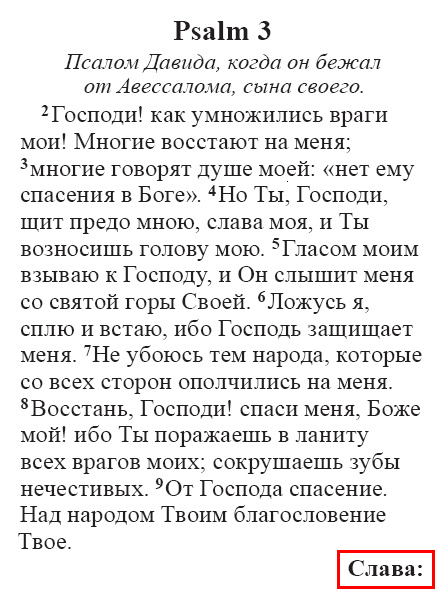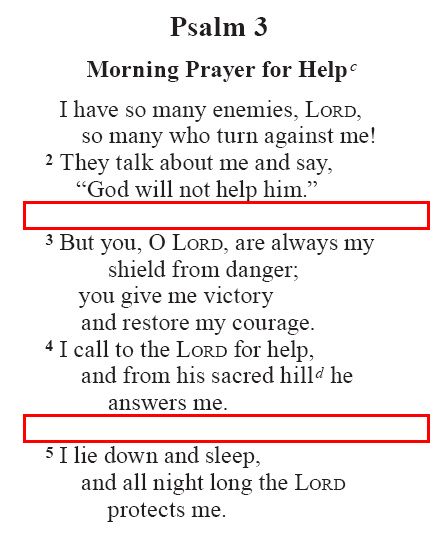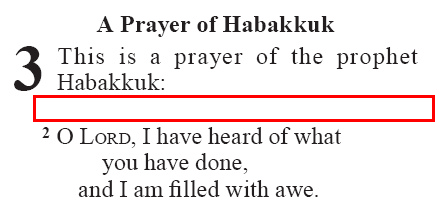<para> @style Types¶
Note
Numbered <para> @style Attributes
Some @style attributes include an optional numeric variable, which is represented in this documentation by a hash character (#). In USX the attribute number indicates:
- A portion of a complete element, or relative weighting of the “pieces” of the elements, such as mt1, mt2, mt3 which are all parts of a major title.
- The level of division (hierarchy).
- The level of indentation relative to other like elements, as in poetry (q#) or lists (li#) or outlines (io#).
style = style1 — The unnumbered version of a style attribute may be used when only one level of this paragraph style exists within the project text. Numbers should always be included when more than one level of the paragraph style exists within the project text.
Identification¶
| @style: | h |
|---|---|
| Use: | Running header text. |
| Valid In: |
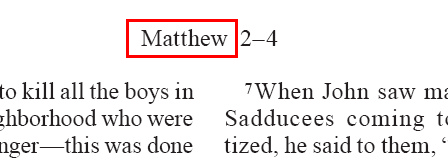
|
| @style: | toc1 |
|---|---|
| Use: | Long table of contents text. |
| Valid In: | Book Header |
| @style: | toc2 |
|---|---|
| Use: | Short table of contents text. |
| Valid In: | Book Header |
| @style: | toc3 |
|---|---|
| Use: | Book abbreviation. |
| Valid In: | Book Header |
Note
About toc1, toc2, toc3
The metadata.xml file within a DBL text release bundle contains a bookNames element in which each scripture book is itemized together with child elements for its long, short and abbreviated forms. The bookNames element is the key location where this book naming metadata is contained within the bundle. USX para elements with attributes toc1, toc2, or toc3 are strictly optional data. Their presence in a USX file is valid, but reflects a legacy form of USFM markup in which the USFM files for each book were the key location for this book naming metadata.
Introductions¶
| @style: | imt# |
|---|---|
| Use: | Introduction major title. |
| Valid In: |
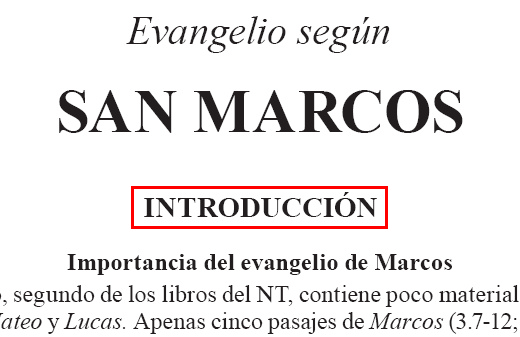
|
| @style: | is# |
|---|---|
| Use: | Introduction section heading. |
| Valid In: |
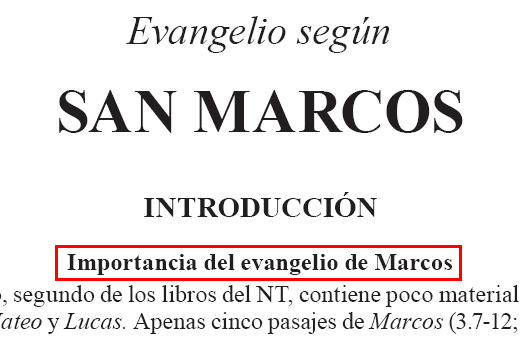
|
| @style: | ip |
|---|---|
| Use: | Introduction paragraph. |
| Valid In: |
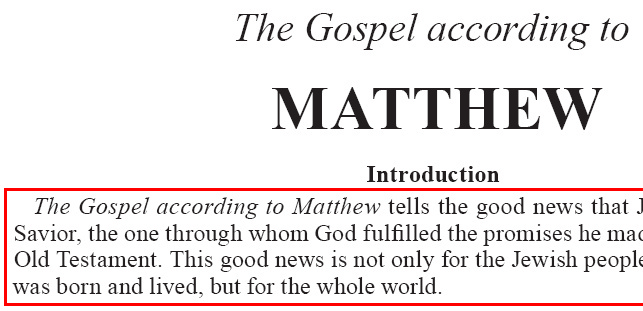
|
| @style: | ipi |
|---|---|
| Use: | Indented introduction paragraph. |
| Valid In: |
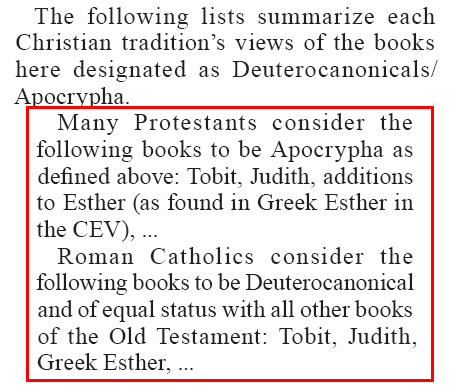
|
| @style: | im |
|---|---|
| Use: | Introduction flush left (margin) paragraph. |
| Valid In: |
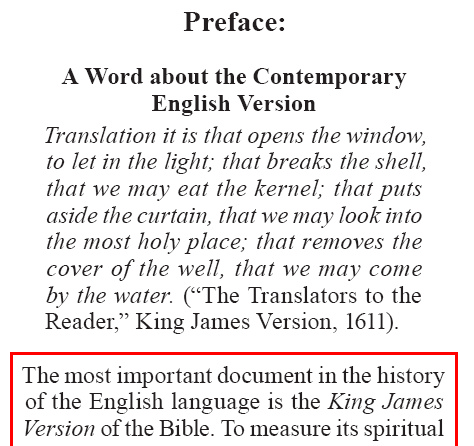
|
| @style: | imi |
|---|---|
| Use: | Indented introduction flush left (margin) paragraph. |
| Valid In: |
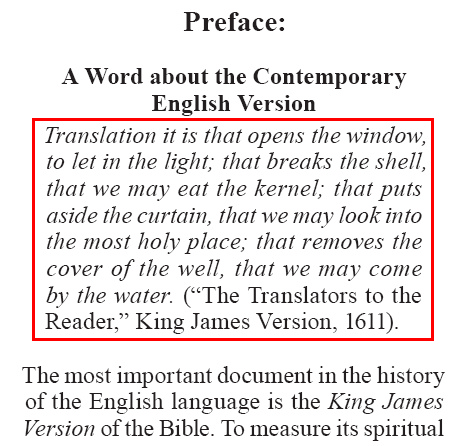
|
| @style: | ipq |
|---|---|
| Use: | Introduction quote from scripture text paragraph. |
| Valid In: |
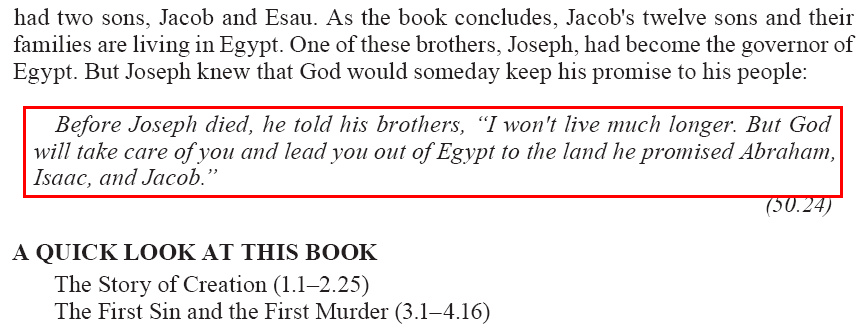
|
| @style: | imq |
|---|---|
| Use: | Introduction flush left (margin) quote from scripture text paragraph. |
| Valid In: |
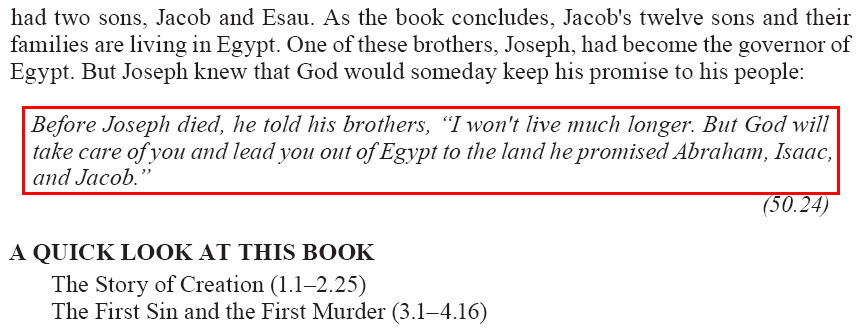
|
| @style: | ipr |
|---|---|
| Use: | Introduction right-aligned paragraph. |
| Valid In: |
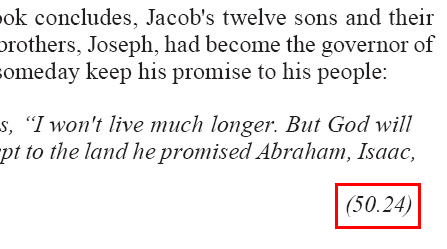
|
| @style: | iq# |
|---|---|
| Use: | Introduction poetic line. |
| Valid In: |
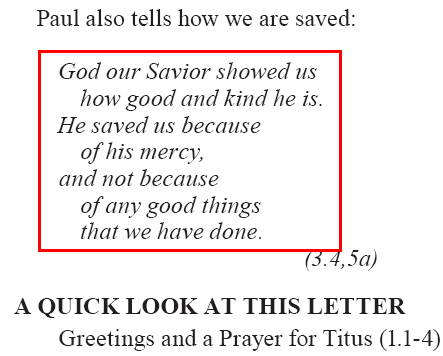
|
| @style: | ib |
|---|---|
| Use: | Introduction blank line. May be used to explicitly indicate additional white space between paragraphs. |
| Valid In: | Book Introduction |
| @style: | ili# |
|---|---|
| Use: | Introduction list item. |
| Valid In: |
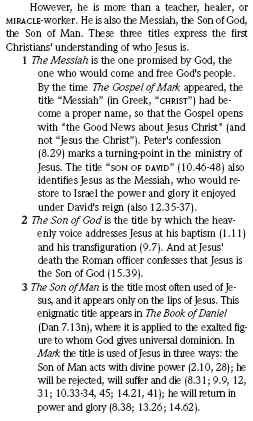
|
| @style: | iot |
|---|---|
| Use: | Introduction outline title. (see io# below) |
| Valid In: | Book Introduction |
| @style: | io# |
|---|---|
| Use: | Introduction outline entry. |
| Valid In: |
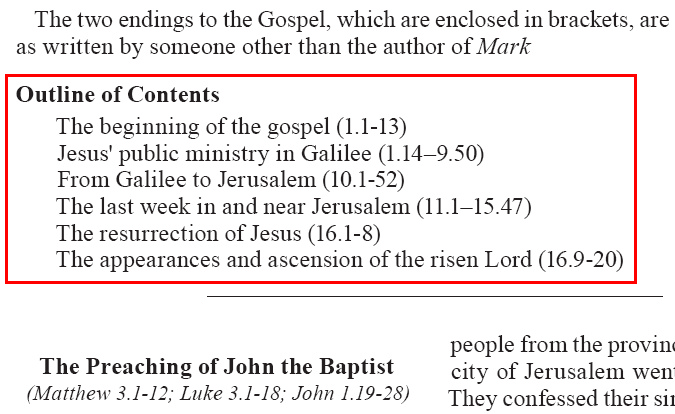
|
| @style: | ior |
|---|---|
| See: | char @style ior |
| @style: | iex |
|---|---|
| Use: | Introduction explanatory or bridge text (e.g. explanation of missing book in a short Old Testament). This para @style is used within Chapter Text. |
| Valid In: | Book Introduction |
| @style: | iqt |
|---|---|
| See: | char @style iqt |
| @style: | imt# |
|---|---|
| Use: | Introduction major title ending. Used to mark a major title indicating the end of the introduction. # represents a portion of the title, with the lesser emphasis (relative weighting) being on the higher numbers. imte = imte1 (see notes on numbered @style attributes) |
| Valid In: | Book Introduction |
| @style: | ie |
|---|---|
| Use: | Introduction end. Optionally included to explicitly indicate the end of the introduction material. |
| Valid In: | Book Introduction |
Titles and Headings¶
| @style: | mt# |
|---|---|
| Use: | Main title. |
| Valid In: |
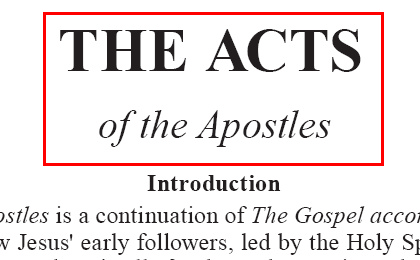
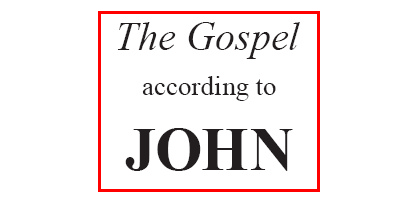
|
| @style: | mte# |
|---|---|
| Use: | Main title at introduction ending. May be used in texts which repeat the main title at the end of the introduction. |
| Valid In: | Book Introduction |
| @style: | ms# |
|---|---|
| Use: | Major section heading.
A heading added before a broader text division than what is typically considered a “section” division (see s#). |
| Valid In: |
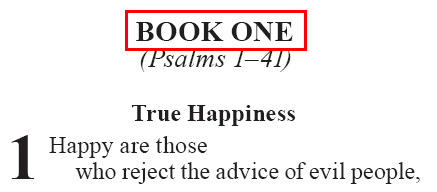
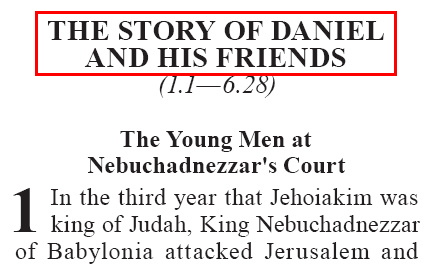
|
| @style: | mr |
|---|---|
| Use: | Major section reference range. |
| Valid In: |
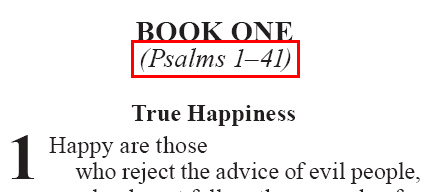
|
| @style: | s# |
|---|---|
| Use: | Section heading. |
| Valid In: |
s1 example 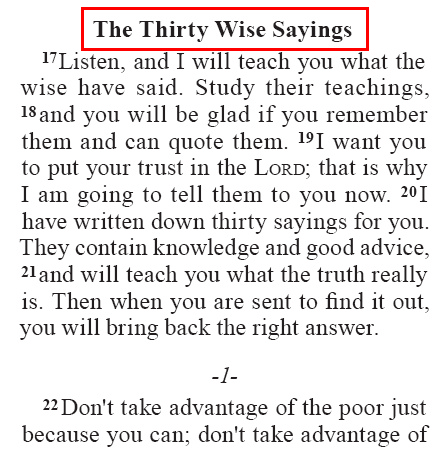
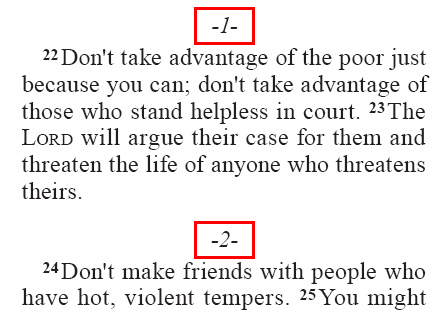
|
| @style: | sr |
|---|---|
| Use: | Section reference range. |
| See also: | |
| Valid In: |

|
| @style: | r |
|---|---|
| Use: | Parallel passage reference(s). |
| See also: | |
| Valid In: |
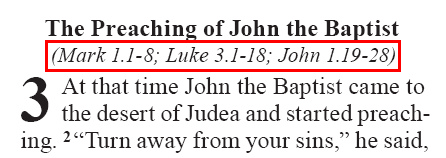
|
| @style: | d |
|---|---|
| Use: | Descriptive title (or “Hebrew subtitle”). |
| Valid In: |
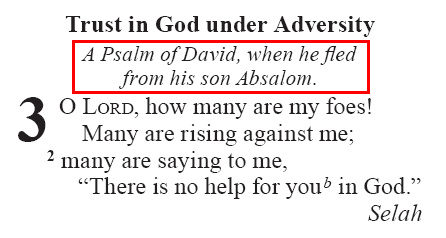
|
| @style: | sp |
|---|---|
| Use: | Speaker identification (e.g. Job and Song of Songs). |
| Valid In: |
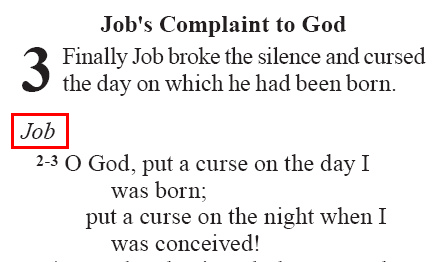
|
Paragraphs¶
| @style: | p |
|---|---|
| Use: | Normal paragraph. |
| Valid In: |
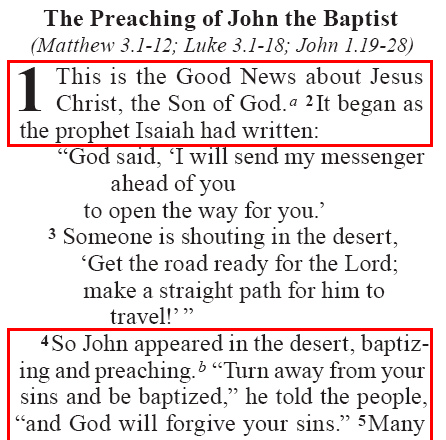
|
| @style: | m |
|---|---|
| Use: | Margin paragraph. |
| Valid In: |
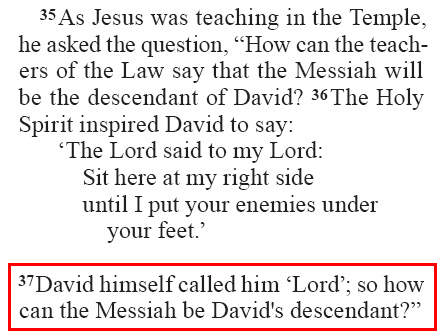
|
| @style: | pmo |
|---|---|
| Use: | Embedded text opening. |
| Valid In: |
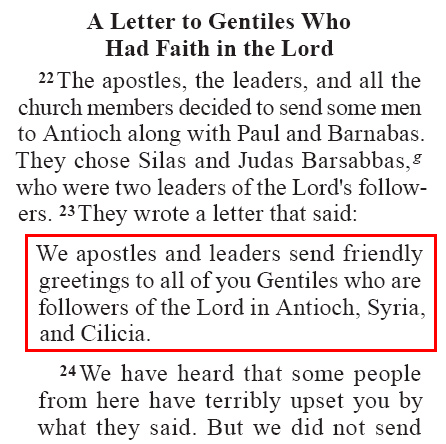
|
| @style: | pm |
|---|---|
| Use: | Embedded text paragraph. |
| Valid In: |
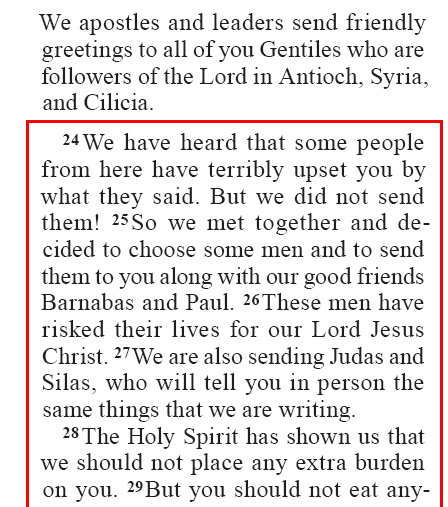
|
| @style: | pmc |
|---|---|
| Use: | Embedded text closing. |
| Valid In: |
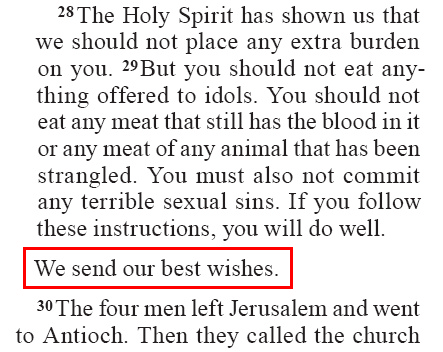
|
| @style: | pmr |
|---|---|
| Use: | Embedded text refrain. |
| Valid In: |
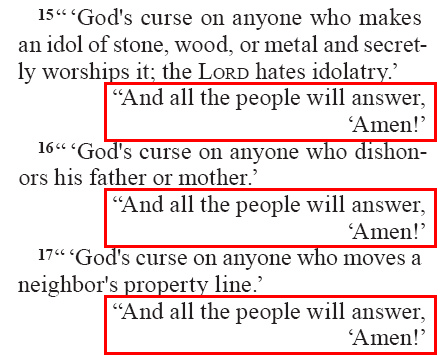
|
| @style: | pi# |
|---|---|
| Use: | Indented paragraph. |
| See also: | |
| Valid In: |
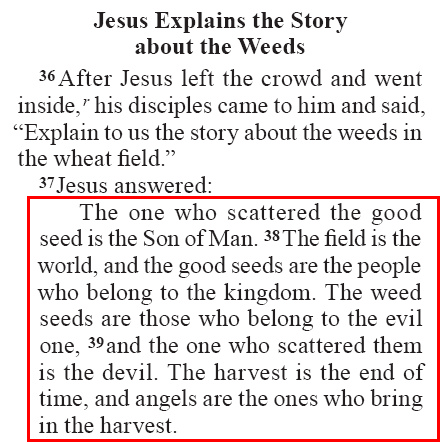
|
| @style: | mi |
|---|---|
| Use: | Indented flush left paragraph |
| Valid In: |
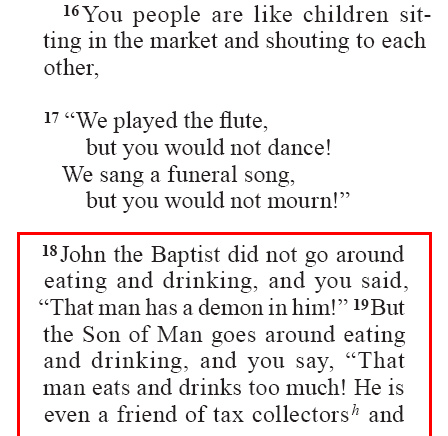
|
| @style: | cls |
|---|---|
| Use: | Closure of an epistle / letter |
| Valid In: |

|
| @style: | li# |
|---|---|
| Use: | List item (out-dented paragraph meant to highlight the items of a list.). |
| Valid In: |
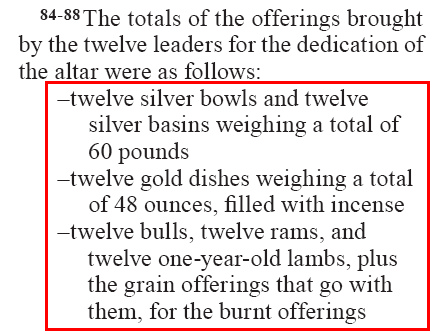
|
| @style: | pc |
|---|---|
| Use: | Centered paragraph |
| Valid In: |
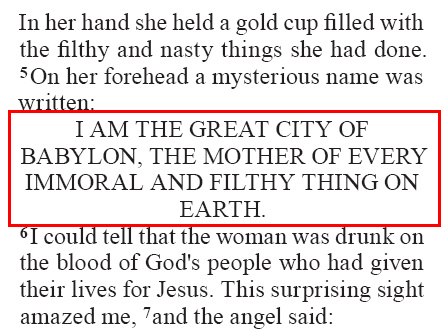
|
| @style: | pr |
|---|---|
| Use: | Right-aligned paragraph |
| Valid In: | Chapter Text |
| @style: | ph# |
|---|---|
| Use: | Indented paragraph with hanging indent. # represents the level of indent ph = ph1 (see notes on numbered @style attributes) |
| Valid In: | Chapter Text |
Poetry¶
| @style: | q# |
|---|---|
| Use: | Poetic line. |
| Valid In: |
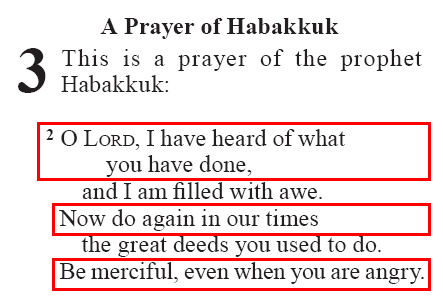
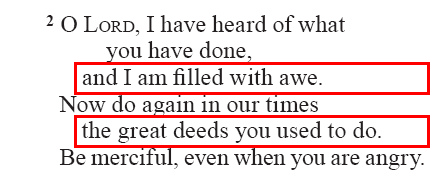
|
| @style: | qr |
|---|---|
| Use: | |
| Valid In: |
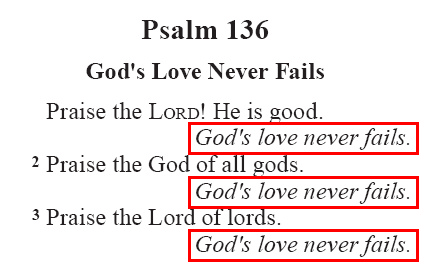
|
| @style: | qc |
|---|---|
| Use: | Centered poetic line. |
| Valid In: |
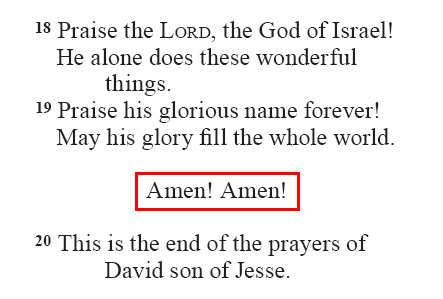
|
| @style: | qa |
|---|---|
| Use: | Acrostic heading. |
| Valid In: |
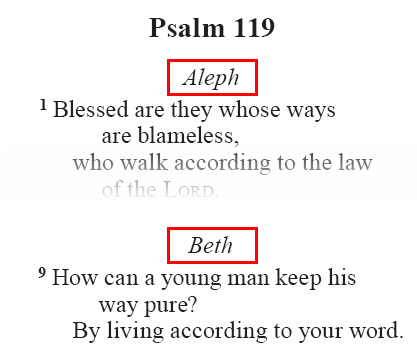
|
| @style: | qac |
|---|---|
| See: | char @style qac |
| @style: | qm# |
|---|---|
| Use: | Embedded text poetic line. |
| Valid In: |
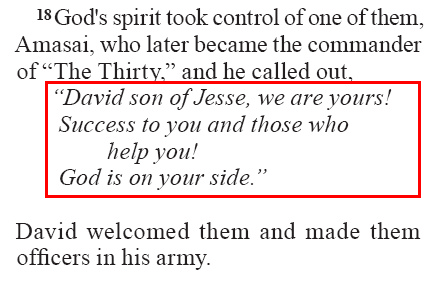
|
| @style: | qs |
|---|---|
| See: | char @style qs |
